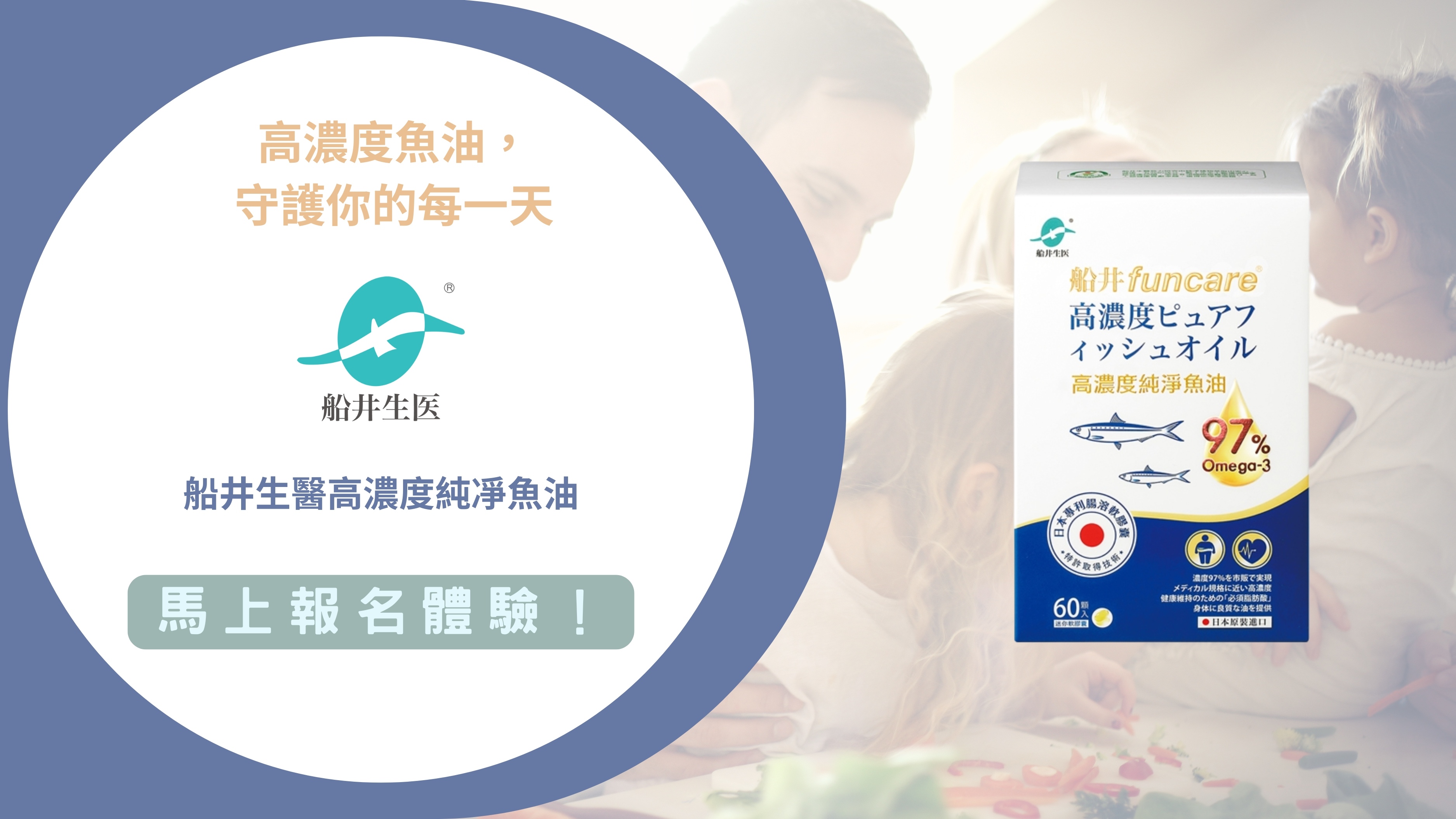In a conversation, question sentence pattern "S+呢ne " functions as a way to change subject. This sentence pattern serves as ice-breaking or initiateinga conversation, or confirming a certain information. For example, 你呢(nǐ ne) means and you?/what about you?
More examples. In this picture, the man told the girl that he is a student and ask if she is a student. In Chinese, by saying "我是學生,你呢?(wǒ shì xué shēng nǐ ne ?)" means the same. In the conversation provided, A greeted first, B replied with a question” How are you?” A replied he is fine, and asked B the same question by using the sentence pattern. 我很好,你呢?(wǒ hěn hǎo, nǐ ne?) means" I am fine, and you?". A didn't ask the question again, he just add S+呢? at the end of the sentence. Please note the word “也”means “too, also”. We have learned in Self-intro session 3.
New word: 學生xué shēng, student.
我是學生,你呢?(wǒ shì xué shēng,nǐ ne?) 我不是美國人,你呢?(wǒ bú shì měi guó rén,nǐ ne?) 你是學生,她呢?( nǐ shì xué shēng,tā ne?) Justin Bieber不是美國人,你呢? (Justin Bieber bú shì měi guó rén, nǐ ne?)Can you reply these questions? “不”means no、not, which might be used in your reply sentence. What is your answer to these questions. Please let me know.
我是學生/wǒ shì xué shēng / I am a student. 你是學生嗎/nǐ shì xué shēng ma?/Are you a student? How to use them in question sentence? Try to combine the two sentence as one. What is your answer?
我是中國人/wǒ shì zhōng guó rén /I am a Chinese. 你是中國人嗎?/nǐ shì zhōng guó rén ma?/Are you a Chinese? Try to combine the two sentence as one. What is your answer? Did you get the right answer? Can you make an example of yourself? Can you tell us where you come from and ask the other person if he/she comes from the same country?
By using this sentence pattern, can you ask a person what his/her name is? It’s necessary in making new friends. Please make a try!


 留言列表
留言列表


